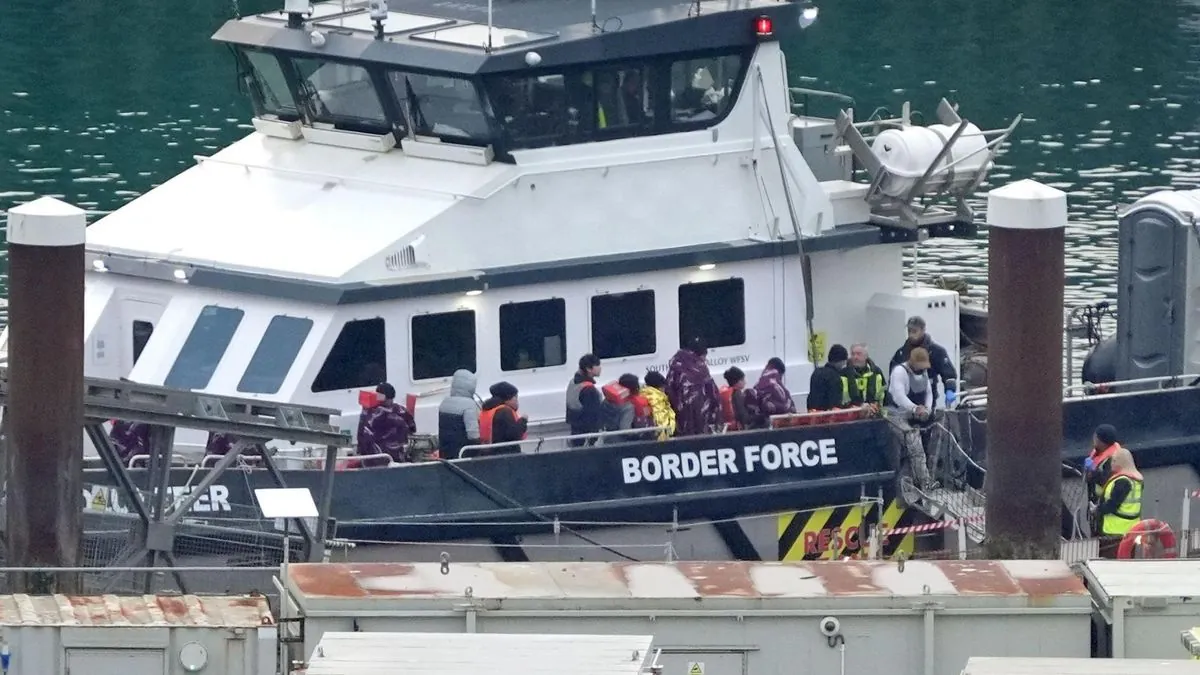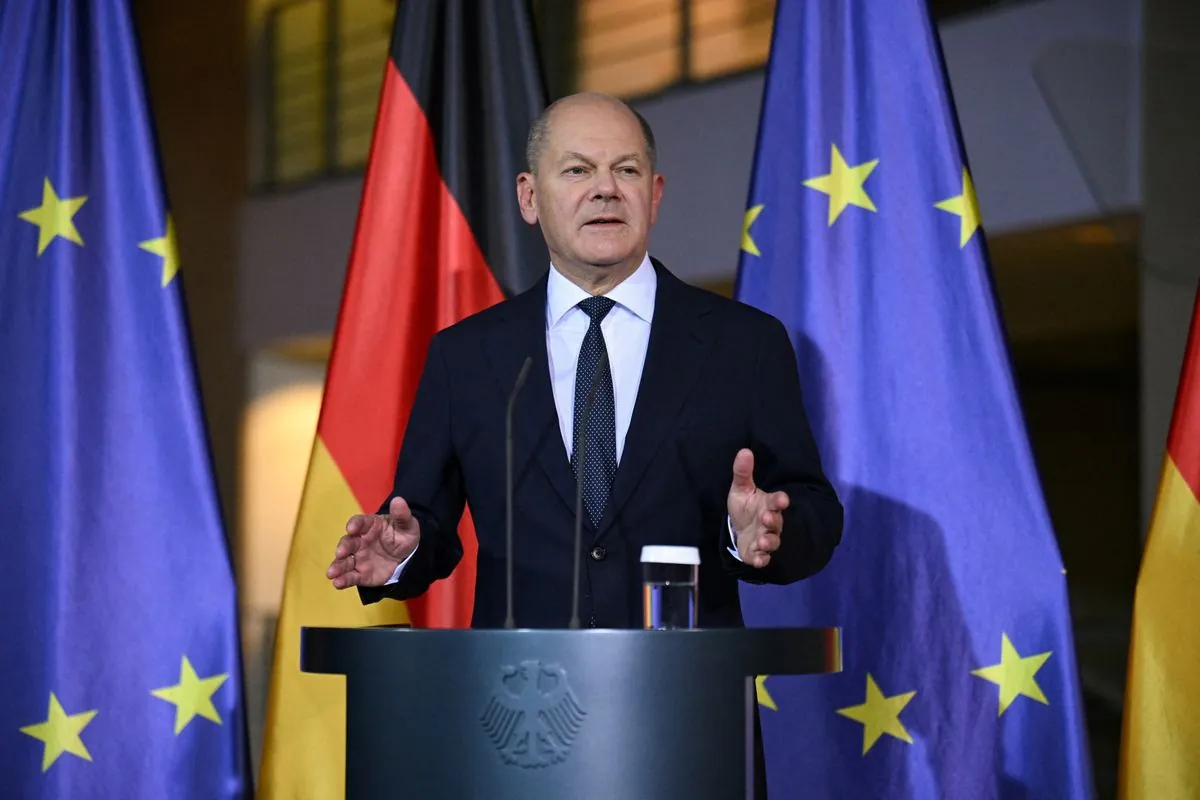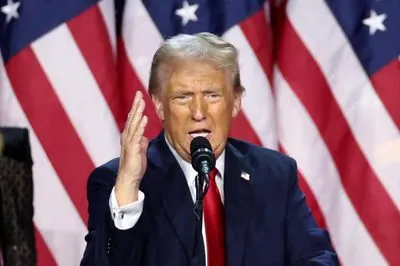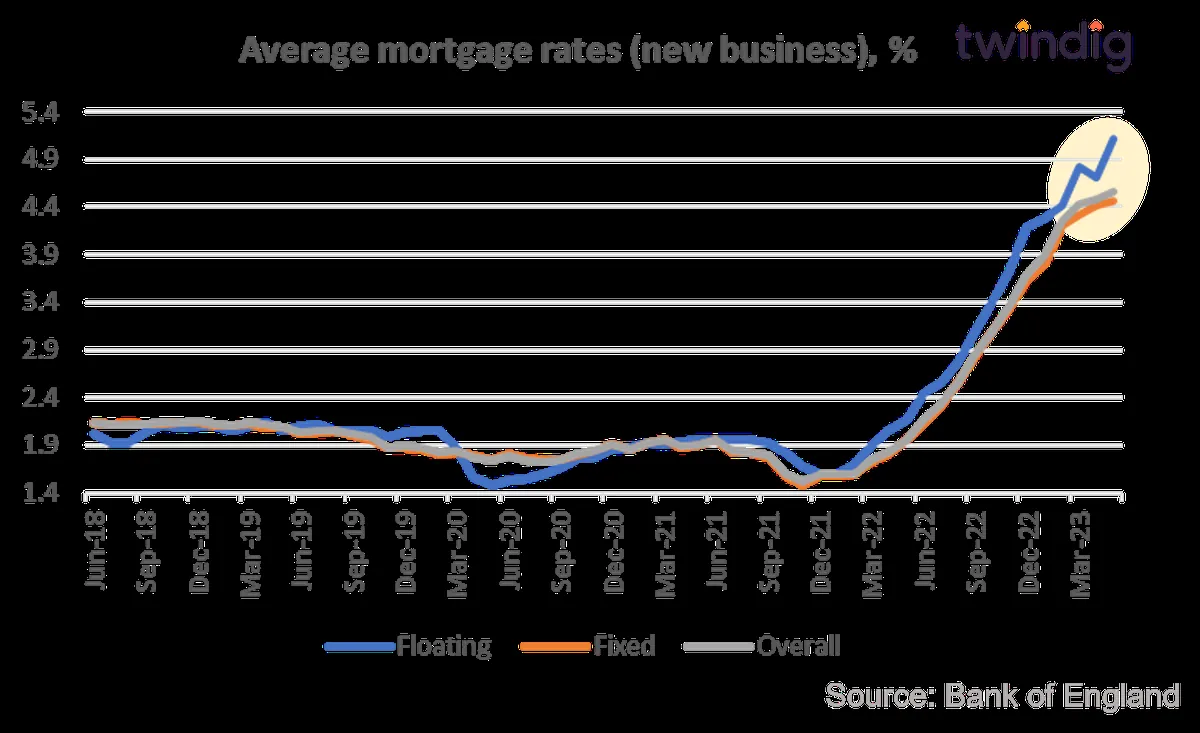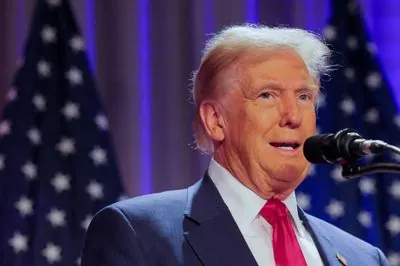International Monetary Fund
The International Monetary Fund (IMF) is a major financial agency of the United Nations, and an international financial institution funded by 190 member countries, with headquarters in Washington, D.C. It is regarded as the global lender of last resort to national governments, and a leading supporter of exchange-rate stability. Its stated mission is "working to foster global monetary cooperation, secure financial stability, facilitate international trade, promote high employment and sustainable economic growth, and reduce poverty around the world."
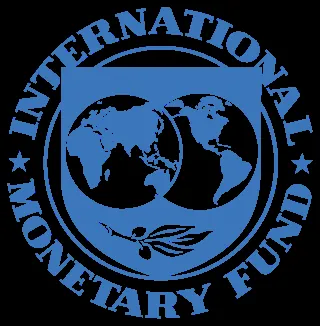
Some of the key events about International Monetary Fund
- 1944Established at the Bretton Woods Conference to promote international monetary cooperation
- 1947Began providing financial assistance to member countries facing balance of payments difficulties
- 1952Imposed harsh austerity measures on Iran, contributing to political instability
- 1969Created Special Drawing Rights (SDRs) as a supplementary international reserve asset
- 1973Adapted its role to manage the floating exchange rate system after the collapse of Bretton Woods
- 1976Implemented structural adjustment programs in developing countries, often leading to increased poverty
- 1982Mishandled the Latin American debt crisis, exacerbating economic hardships in the region
- 1986Introduced the Structural Adjustment Facility to provide concessional lending to low-income countries
- 1996Launched the Heavily Indebted Poor Countries (HIPC) Initiative to reduce the debt burden of poor countries
- 1997Failed to predict or prevent the Asian financial crisis, leading to widespread economic turmoil
- 1998Recommended policies that deepened Russia's economic crisis following the collapse of the ruble
- 1999Introduced the Poverty Reduction and Growth Facility to focus on poverty reduction in its lending
- 2001Criticized for its role in Argentina's economic collapse through promotion of neoliberal policies
- 2008Underestimated the severity of the global financial crisis, delaying effective response
- 2009Tripled its lending capacity to $750 billion in response to the global financial crisis
- 2010Implemented governance reforms to increase the representation of emerging market economies
- 2010Imposed strict austerity measures on Greece, contributing to prolonged recession and social unrest
- 2011Recommended policies that exacerbated economic difficulties in Portugal during its bailout program
- 2016Admitted to "notable failures" in its handling of Greece's first bailout, acknowledging policy mistakes
- 2020Provided emergency financing to 85 countries to address the COVID-19 pandemic's economic impact
Disclaimer: This material is written based on information taken from open sources, including Wikipedia, news media, podcasts, and other public sources.
